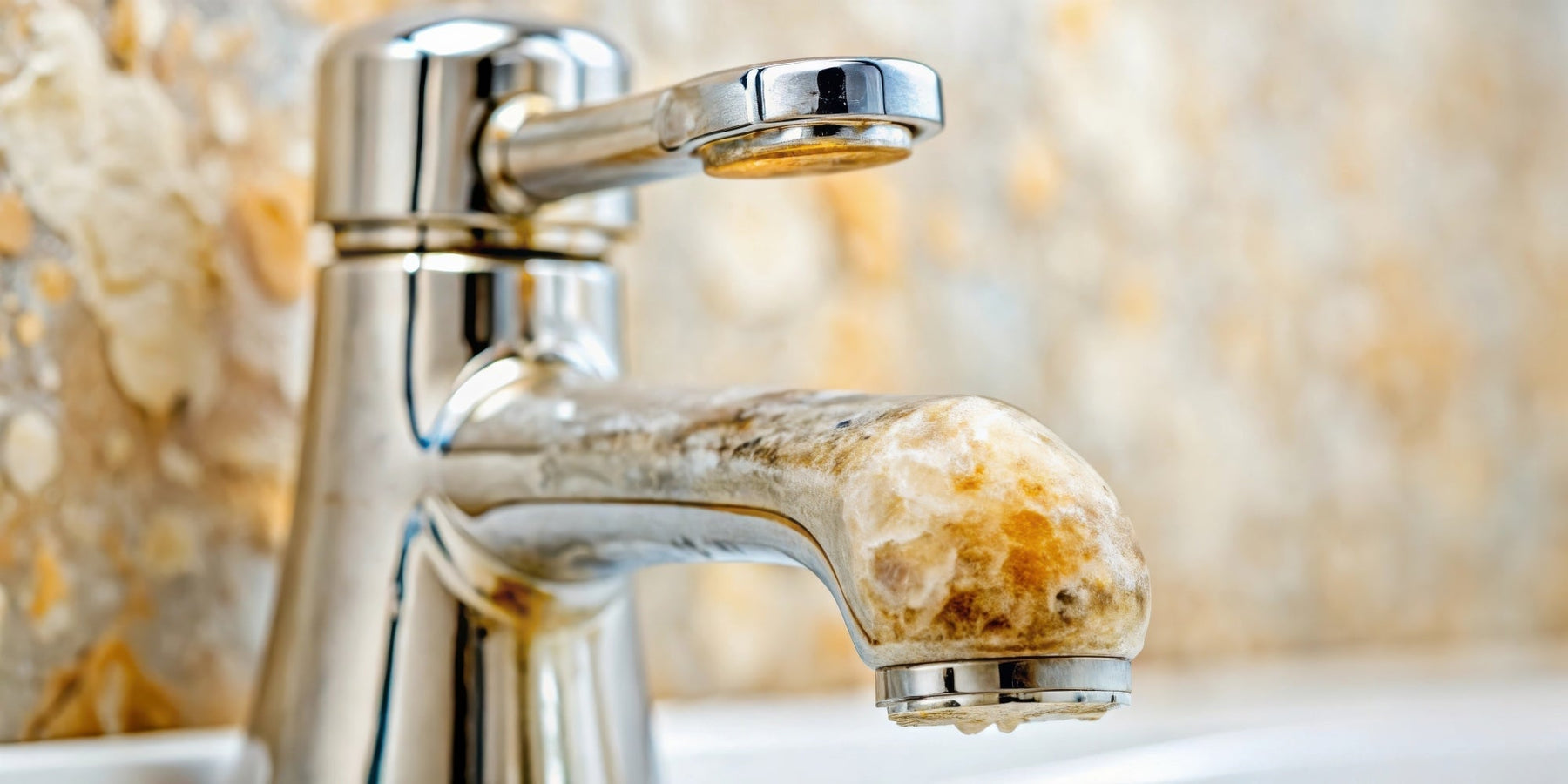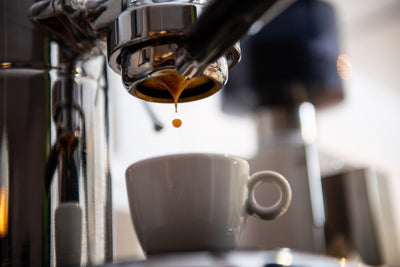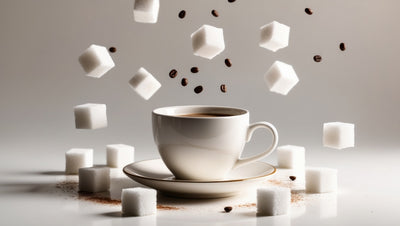
Hard Water: What Is It and How Does Filtration Help?
Hard water is that which occurs when rainwater has percolated through chalk, limestone, or gypsum. These rocks cause water to collect calcium carbonate (CaCO₃) and magnesium carbonate (MgCO₃) that lend a hard feel and bitter taste to tap water.
Water hardness is usually measured in milligrams per litre (mg/L) of calcium carbonate. Water with a CaCO₃ measurement of 200 or greater is considered hard. A measurement in excess of 300 is indicative of very hard water.
Why is hard water problematic?
Hard water isn’t usually dangerous to health—in fact, calcium and magnesium in hard water can be beneficial. But the presence of these minerals causes practical problems in homes, industrial settings, and daily life because of how they behave.
Limescale build-up
When hard water is heated, calcium carbonate and magnesium carbonate precipitate and form limescale. This scale builds up in kettles, boilers, dishwashers and washing machines or in industrial equipment. Limescale reduces efficiency as more energy is required to heat water and also shortens the lifespan of appliances and machinery.
Poor soap and detergent performance
Calcium and magnesium ions react with soap, forming an insoluble scum instead of lather. This means that more detergent is required to clean effectively. Laundry can be left feeling stiff or looking dull and surfaces may acquire cloudy deposits.
Impacts to skin and hair
Hard water can leave a residue on human skin and hair, making both feel dry, itchy, or less clean. Soap scum can block pores, aggravating skin conditions like eczema. Hair may feel rough, heavy, or dull when washed in hard water.
Taste issues
Elevated levels of minerals can give water a chalky, bitter, or metallic taste. This can affect tea and coffee. Minerals also negatively impact the taste of food boiled or steamed using hard water.
Where is the hardest water in the UK?
The area of the UK with the hardest water is Southeast England, particularly in and around the Chiltern Hills, London, Kent, and Essex.
Key locations with very hard water:
- London – Supplied mainly by the Thames and Lea rivers, which flow through chalky limestone and clay, resulting in high levels of calcium and magnesium.
- Essex – Known for some of the highest water hardness levels in the country.
- Kent – Especially the Medway and Canterbury areas.
- Hertfordshire, Surrey, and Oxfordshire also experience hard to very hard water.
In contrast, Scotland, Wales, and Northwest England, including Cumbria and parts of Lancashire, have soft water, due to their granite and non-calcareous rock landscapes.

Does water filtration help?
Yes, filtering hard water reduces the build-up of limescale and can help reduce or eliminate any bitter taste. The degree to which filtration changes hardness and taste depends on the type of filter used.
Activated carbon filters
This is the form of filtration will remove chlorine, organic compounds, and some metals (like lead and copper) to improve taste while slightly reducing hardness. But activated carbon filtration alone won’t fully remove calcium or magnesium from water and so won’t fully address hardness.
Ion exchange filters
This type of water filter replaces calcium and magnesium ions with sodium or potassium. This process efficiently softens water and removes the source of bitterness. Ion exchangers are effective at improving both taste and appliance lifespan but can increase sodium levels.
Reverse osmosis (RO) systems
Reverse osmosis will remove almost all dissolved minerals, including calcium, magnesium, and other impurities. The result is very clean, neutral-tasting water. But the process is slow, and the systems are more costly than the alternatives.
Water filtration for food and beverage retailers
Commercial filtration systems such as those produced by BRITA, tend to feature multiple stages of filtration. The BRITA range includes a variety of filter systems and so it is possible to select a system that is tailored to your specific application and the degree of water hardness at your location.
For instance, BRITA Purity C Quell St filters are great all-rounders while BRITA Purity C Finest filters have been designed specifically for use with espresso machines. BRITA Purity Fresh and Purity C Fresh filters are ideal for use in soft water areas. Purity Steam and Purity C Steam filters are designed for use with steam ovens and improve the taste of cooked food while reducing machine maintenance.
It is worth exploring every option before making your choice.
Water filtration at home
It is possible to filter water at home and at minimal cost by investing in a jug filter. This will feature activated carbon filtration or Ion exchange. Jug filters are easy to use and affordable but have limited capacity and if utilising activated carbon, don’t remove all impurities.
Alternatively, to achieve filtered water on tap, consider a tap-mounted filter which will be easy to install. It will likely feature activated carbon filtration and possibly also a ceramic membrane. These systems give you filtered water on demand but create a slower flow rate. The cartridges will require frequent replacement.
Countertop and under-sink filters are larger systems offering multi-stage filtration including sediment filters, activated carbon and sometimes reverse osmosis. They remove a wide range of contaminants to improve both hardness and taste. However, they are more costly than the alternatives, they require installation and if they use reverse osmosis, they do waste some water.
Conclusions
It is important to filter water in commercial settings, regardless of the local water quality as filtered water will improve taste while reducing issues with equipment. Water filtration is also highly beneficial for anyone living in a hard water area. If you haven’t tasted coffee made with unfiltered hard water, do treat yourself to the experience. You will be surprised and quite how awful a cup of coffee can taste!



Leave a comment